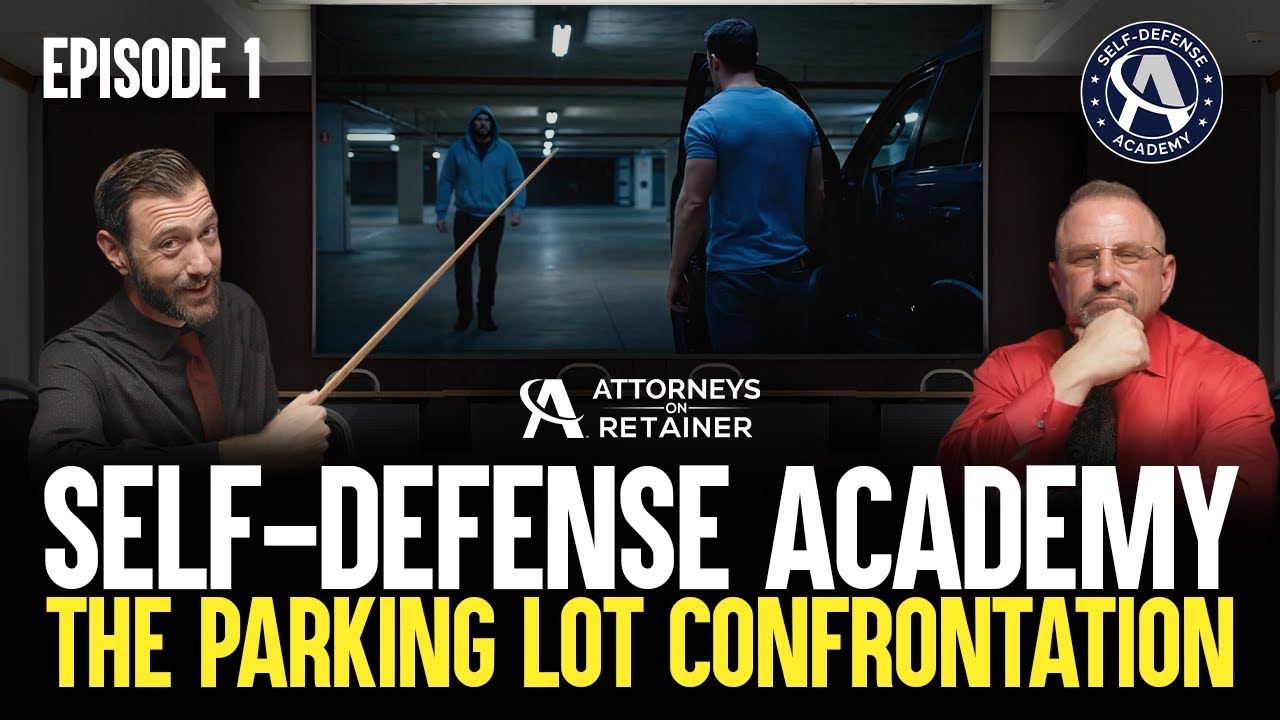2A Roundup: Iowa Teachers Can Conceal Carry And More!
June 29, 2024
Criminal defense attorneys Rachel Moss, Emma Wittmann, and Brittany Huttner discuss Iowa’s new law and other 2A-related laws in Michigan and Illinois.
Iowa Teachers Allowed to Conceal Carry
Iowa recently passed a law that allows teachers to carry concealed weapons at school, but only if they meet strict training requirements. The law applies to public K-12 schools, private schools, community colleges, and universities. To qualify, teachers must complete several training courses, which include safety lessons on handling firearms, in-person legal training, annual emergency medical and communication training, and live practice drills that simulate real threats. Additionally, teachers are required to practice with their firearms every few months.
The attorneys emphasize that the goal of this law is to make schools safer by discouraging potential attackers. They believe that if an attacker knows teachers could be armed, they might think twice before targeting a school. However, some critics of this new law are concerned about the risks of having guns in classrooms. Critics worry about accidental discharges or the chance of students getting access to firearms. The attorneys believe that an armed teacher will have a higher chance of stopping a threat as compared to school safety plans of hiding or turning off the lights.
Others are concerned about government regulations on gun rights. Some believe it is an infringement on their Second Amendment right to have to train before being allowed to carry in a classroom. Still, the attorneys stress the importance of training and point out that most people who conceal carry are only trained to protect themselves, not a room of school children.
One positive aspect of the law is that it leaves the final decision to local school districts.
“At the end of the day the people that are going to opt to carry the guns in these schools are likely going to be responsible firearm owners, and these individuals will likely know how to store their firearm to keep it safe from children.”
– Attorney Moss
Michigan’s Gun Storage Law
Michigan passed a new law that requires gun owners to lock up their firearms if children under eighteen live in or are expected to visit the home. Guns must either be stored in a locked container or unloaded and secured with a trigger lock. The law is meant to protect children from accidental shootings, but critics think it goes too far by controlling how people store guns in their own homes. There are also concerns that in a real emergency, someone might not be able to access their gun quickly enough for self-defense.
The law’s inclusion of vague language, such as “reasonable expectation,” has caused confusion. For example, if a neighbor’s child might visit or access the home, does the law apply? Firearm owners worry about unintentionally breaking the law without clear guidance.
“So reasonably expect a child to be in the home is super vague, and I think that could cause some issues too . . . if you have a pool party, if you have family over for the holidays, that’s reasonably expecting a child to be in your home, even if the child isn’t normally in your home.”
– Attorney Huttner
The attorneys believe that instead of strict laws, parents should be taught to handle firearms safely around children. They feel that teaching responsibility is more effective than government-mandated laws. The debate comes down to individual freedom and how far the law should go inside private homes.
Changing Criminal Justice Terms in Illinois
The Illinois legislature passed a bill that, if signed into law, would change the word “offender” to “justice impacted individual” in a program focused on rehabilitation. This program, called the ARI (Adult Redeploy Illinois) initiative, is meant to help people avoid prison by offering supervision and support in their communities.
The idea behind the new term is to reduce the negative labels people face. However, many people view this change as merely a superficial solution that does not address the actual actions of the offender. Some believe it even disrespects victims by suggesting that the person who committed the crime is the one most affected by the justice system.
Supporters and critics agree that programs focused on rehabilitation are helpful. Still, they disagree on whether changing the language is necessary or practical. The attorneys argue that the new term does not change the law; it is more of a symbolic gesture. Critics are also concerned that the bill could lead to more changes that soften how crimes are described, which they believe could weaken accountability.
“I think one of the first steps in rehabilitation is admitting you did something wrong and maybe this label will kind of feel like people aren’t taking responsibility for their actions anymore.”
– Attorney Moss
If you are interested in learning more about our Attorneys On Retainer Program (AOR), please call 866-404-5112 or email us.



